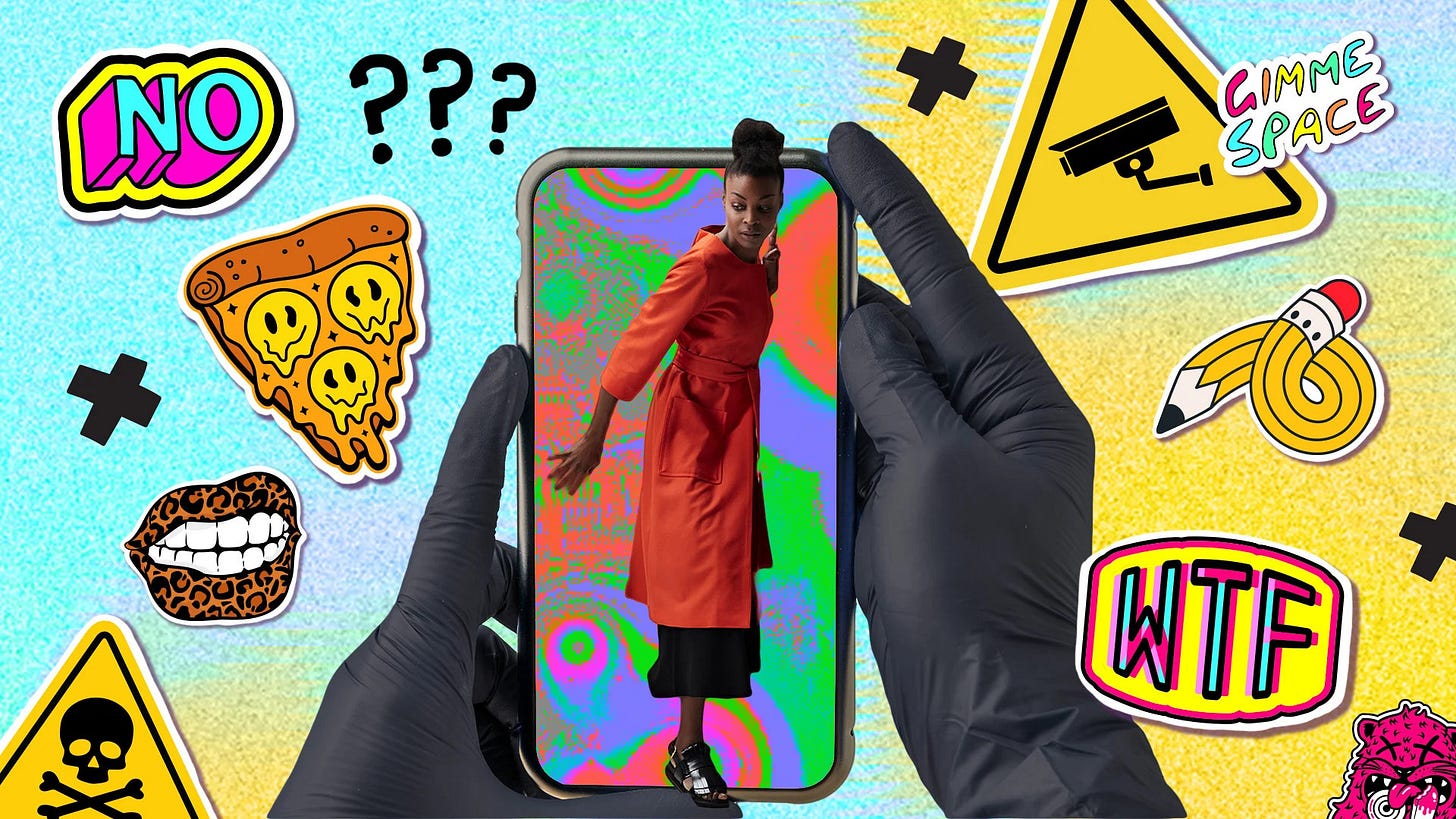Curious Reads: Parents, Stop Oversharing About Your Kids Online
The first generation of social media babies are taking down their influencer parents.
Hello friend, Liz here.
#1 Today’s top of the fold story is a debate about privacy—that is, the first kids of social media influencers are all grown up. And now they’re lobbying for states to provide protections from their parents’ oversharing.
This story made me uncomfortable and sad and doubtful of my own past history with social media (what will my kids make of what I’ve shared about them?). And that’s why it’s a perfect read to provoke deep thinking this afternoon!
Read “The first social media babies are adults now. Some are pushing for laws to protect kids from their parents’ oversharing” by Faith Karimi at CNN

The Highlights
How would it feel to have your parents splash news of your first menstrual cycle across Facebook? Cam Barrett found out first-hand.
“I was in fourth grade. I was 9 years old. The date was September 9, 2009. And my mom posted … something like, ‘Oh my God, my baby girl’s a woman today. She got her first period,’” Barrett …
Keep reading with a 7-day free trial
Subscribe to the Empathy List to keep reading this post and get 7 days of free access to the full post archives.



